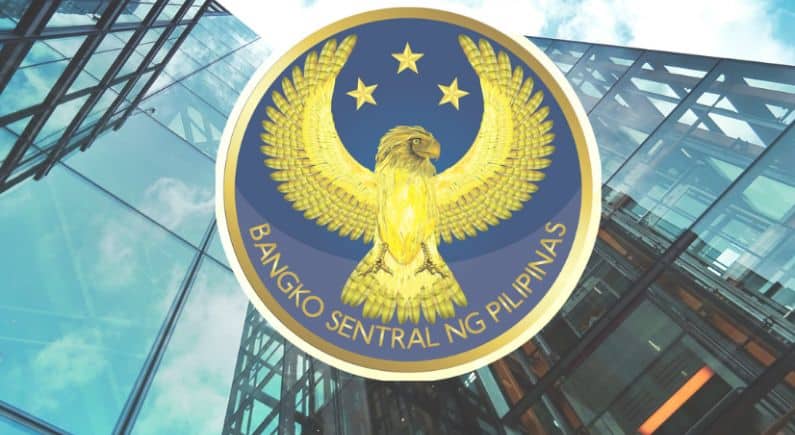Taiwan tightens crypto regulations with new AML rules

The Financial Supervisory Commission (FSC) of Taiwan is taking significant steps to tighten regulations on the cryptocurrency industry. On 30 November 2024, new anti-money laundering (AML) rules come into effect, signalling the country’s commitment to combating fraud and enhancing transparency within its virtual asset sector.
Taiwan’s new AML rules
Cryptocurrency is a rapidly evolving space, but it’s also a hotbed for fraud and financial crimes. To address these concerns, Taiwan’s Financial Supervisory Commission (FSC) is fast-tracking new anti-money laundering (AML) rules. These measures aim to protect consumers, ensure fair market practices, and strengthen Taiwan’s global standing in financial transparency.
The decision to implement these rules a month earlier than initially planned reflects the urgency of fraud prevention. Jin-Lung Peng, FSC Chair, highlighted societal demands for stronger regulations, emphasising the need to shield citizens from financial scams. By fast-tracking the AML system, Taiwan is setting a robust legal foundation for tackling fraudulent activities in the crypto space.
All virtual asset service providers (VASPs) operating in Taiwan must register for AML compliance. This applies to both local and overseas crypto firms, ensuring uniform regulatory oversight. Foreign crypto firms must establish a company or branch office under Taiwan’s Company Act. This requirement ensures that all operators are subject to local laws and scrutiny.
Failure to adhere to the new regulations can result in severe consequences. Penalties include imprisonment for up to two years and fines of up to NT$5 million (approximately £120,000), underscoring the seriousness of these measures.
The FSC is intensifying its efforts on securely managing fiat currency, safeguarding user data from breaches, and streamlining complaint handling processes. Crypto exchanges must now have transparent protocols for listing and delisting assets. This step is crucial for preventing market manipulation and maintaining fair trading practices.
Recent Fines on MaiCoin and BitoPro
In a landmark move, Taiwan’s FSC fined MaiCoin and BitoPro NT$1.5 million each for AML violations. These exchanges were found lacking in customer due diligence and transaction monitoring, among other areas.
MaiCoin stated, “It would immediately address the deficiencies identified by the FSC to uphold the principle of protecting user assets and ensure normal business operations.”
BitoPro mentioned, “It has assembled a dedicated task force to address the identified deficiencies pointed out by the FSC. Concrete improvement plans have been implemented, including stricter internal audit and control procedures, enhanced employee training programmes, and efforts to raise compliance awareness across the organisation.”
The new VASP registration system is more than just an AML measure. It represents a broader commitment to fraud prevention, encompassing administrative reporting, information security, and consumer protection. These changes give law enforcement stronger tools to combat financial crimes.
By enforcing these rules, Taiwan aligns itself with international standards, potentially setting a benchmark for other nations. While some may view these regulations as stringent, they position Taiwan as a leader in crypto safety and transparency.





